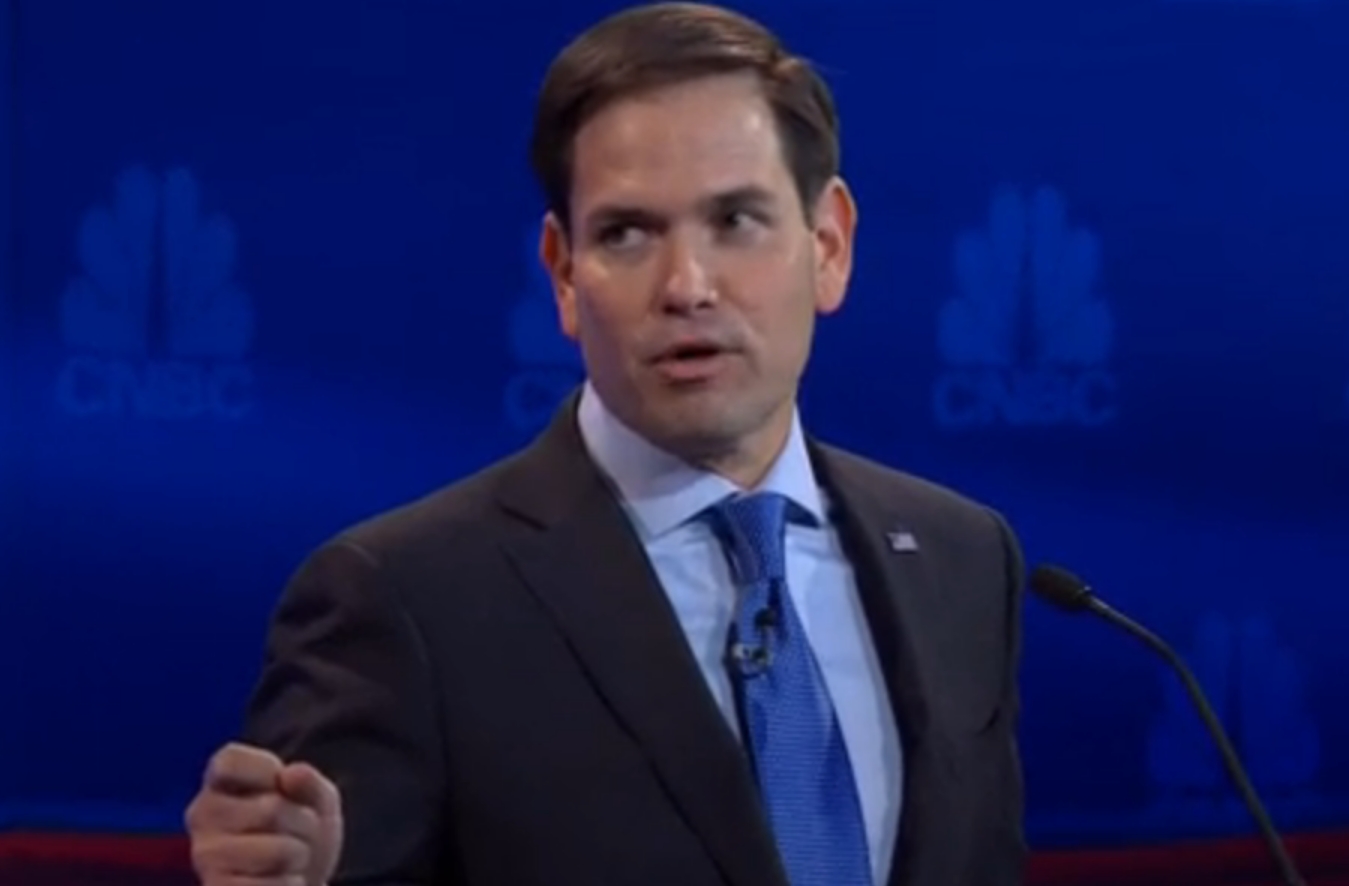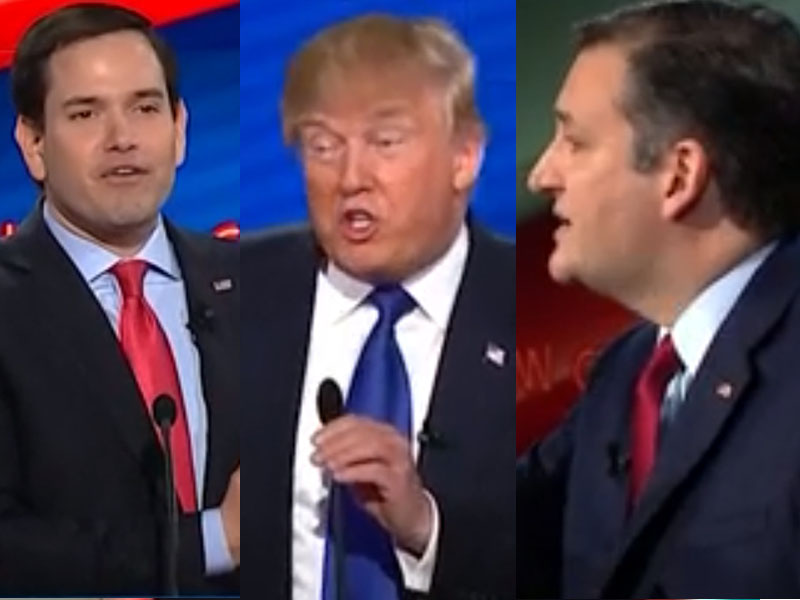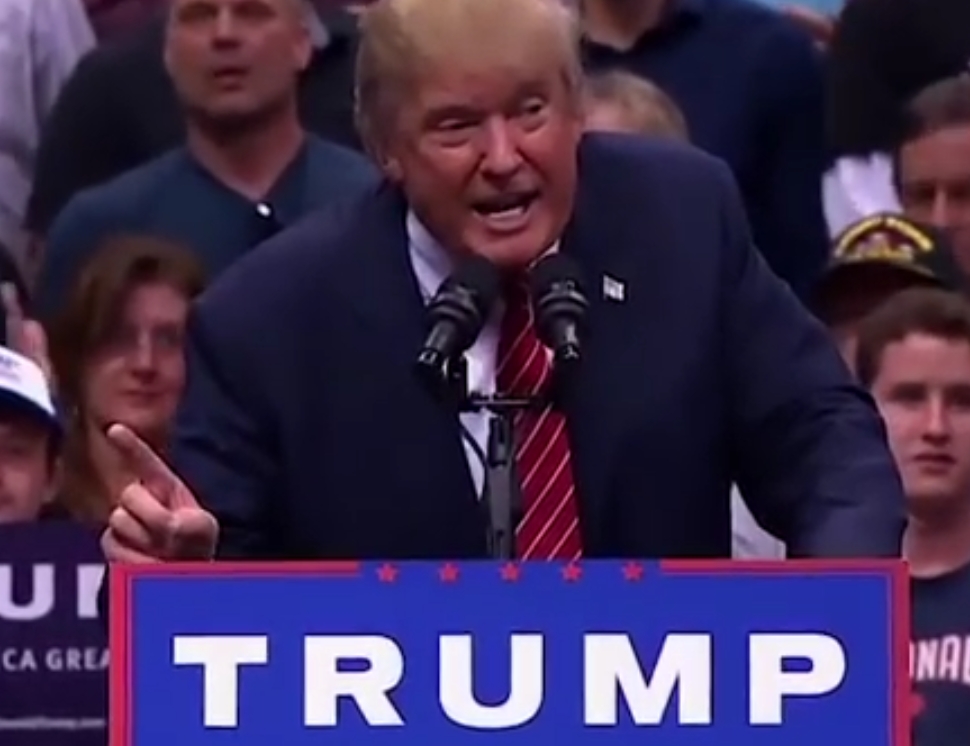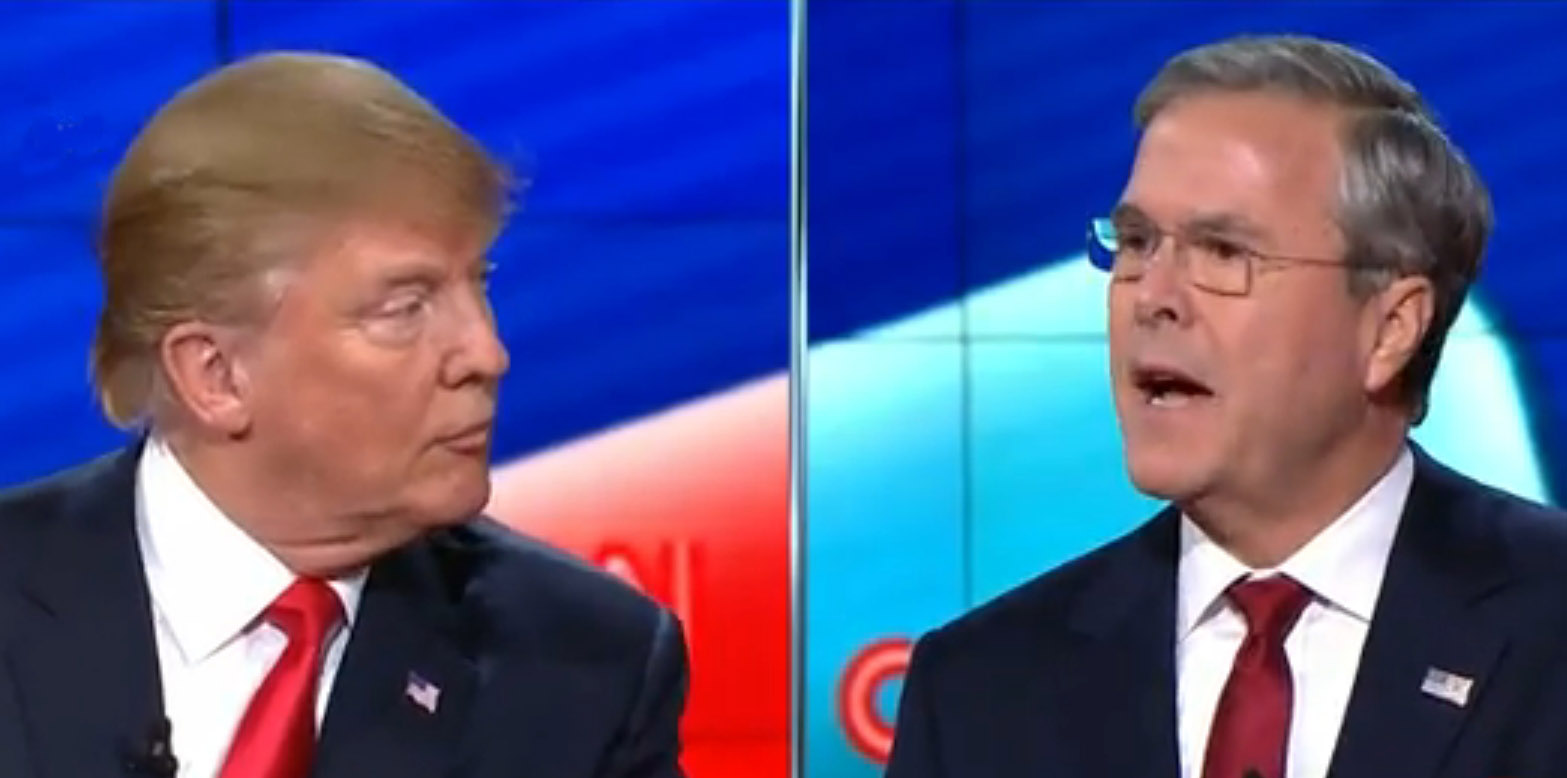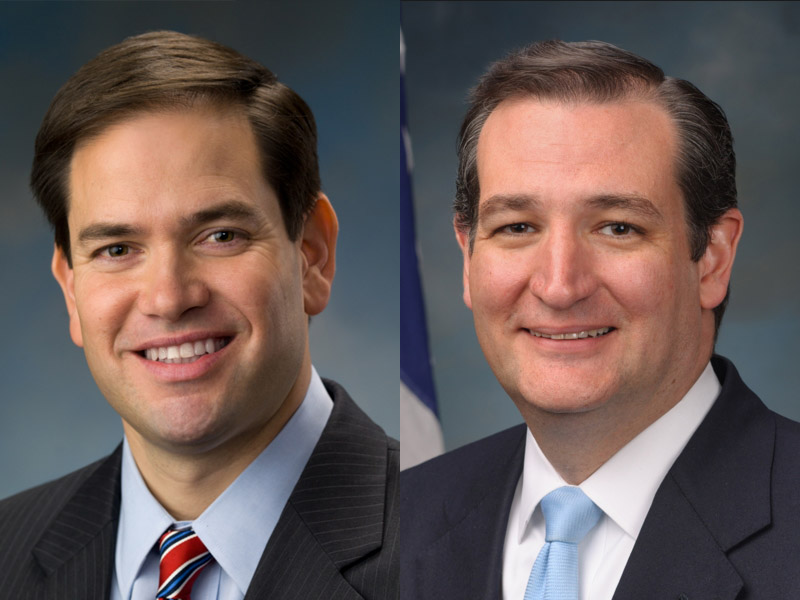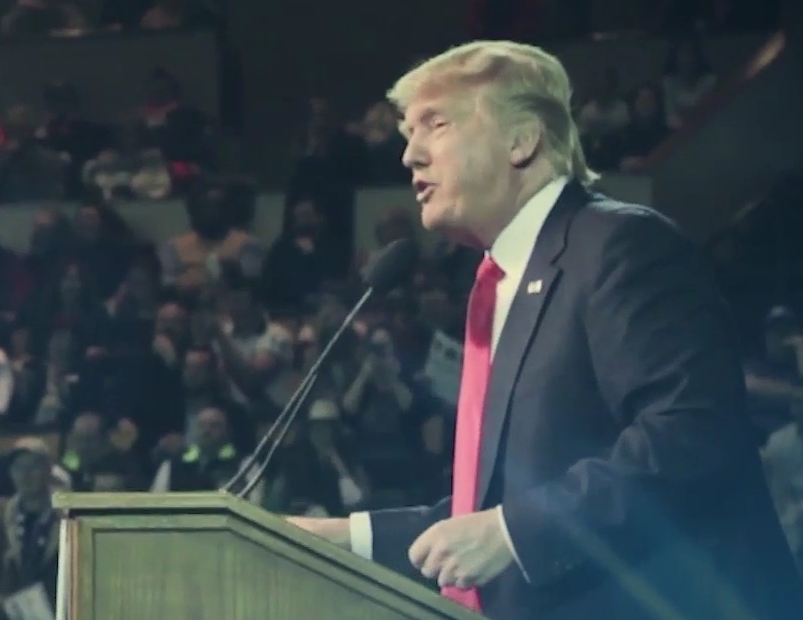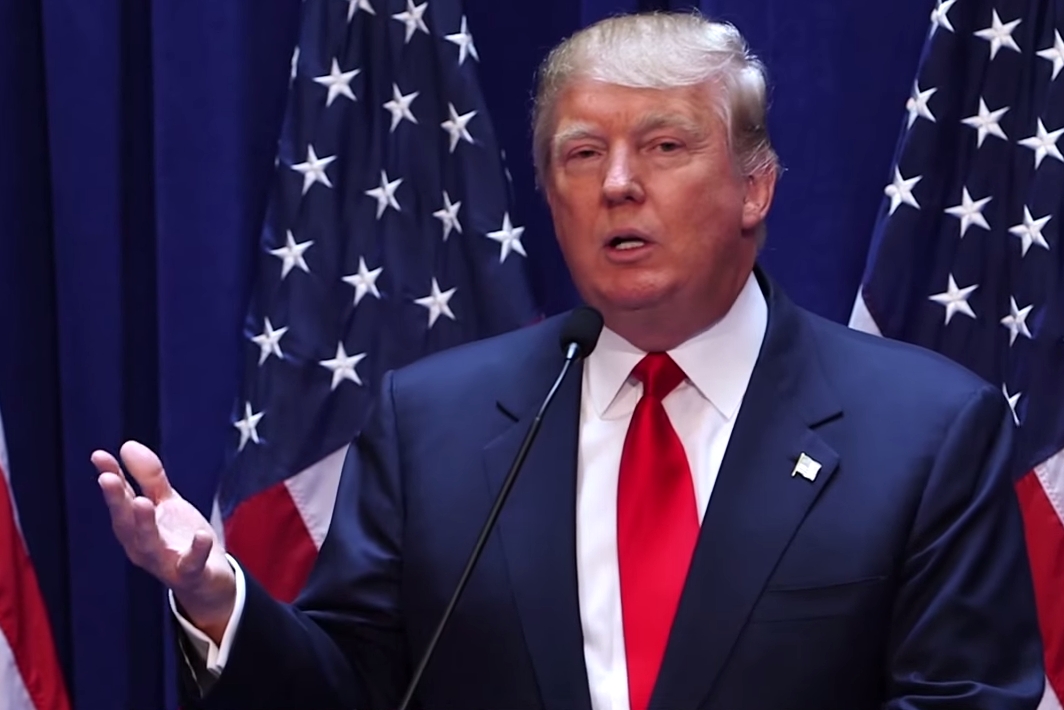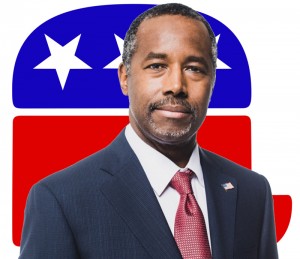
WASHINGTON—The top 10 Republican presidential contenders hold their third debate Wednesday in Boulder, Colorado. The debate will be broadcast by CNBC and the focus is expected to be on the top four candidates in the Republican field according to the latest national polls: real estate mogul Donald Trump, retired neurosurgeon Ben Carson, Florida Senator Marco Rubio and former Florida governor Jeb Bush.
Four recent polls in Iowa show Carson surging into a lead over Trump. And for the first time, Carson has taken a narrow lead over Trump in a new national survey. The latest New York Times/CBS News poll shows Carson with 26 percent among Republican primary voters with Trump in second place with 22 percent. It’s the first time that Trump is not in the lead since the Times/CBS poll began ranking the candidates in late July.
Bush under scrutiny
The stakes seem especially critical for Bush who recently slashed campaign spending after slipping further behind in national polls and surveys in key early voting-states like Iowa, New Hampshire and South Carolina. Bush was busy this past weekend trying to reassure wealthy campaign donors at a Houston retreat.
Wednesday’s prime-time debate will also feature former business executive Carly Fiorina, Texas Senator Ted Cruz, former Arkansas governor Mike Huckabee, New Jersey Governor Chris Christie, Ohio Governor John Kasich and Kentucky Senator Rand Paul.
An earlier debate will also be held featuring four other contenders who did not make the top ten: Former Pennsylvania senator Rick Santorum, Louisiana Governor Bobby Jindal, former New York governor George Pataki and South Carolina Senator Lindsey Graham. Former Virginia governor Jim Gilmore did not qualify for the earlier debate because he is below one percent in the polls.
The shrinking Democratic field
The size of the Republican field is a major contrast with the Democratic race where only three contenders remain: former secretary of state Hillary Clinton, Vermont Senator Bernie Sanders and former Maryland governor Martin O’Malley. Two Democrats dropped out last week, former Virginia senator Jim Webb and former Rhode Island governor Lincoln Chafee.
Vice President Joe Biden also took himself out of the 2016 race, giving Clinton a boost that has helped re-establish her as the clear Democratic frontrunner. Clinton also helped herself with her strong appearance before the House Select Committee on Benghazi and a crisp debate performance the previous week.
Trump takes on Carson
In the Republican race, Trump has stepped up his attacks on Carson in recent days, accusing him of having “super low energy” in an interview with CNN. Carson responded on Fox that he didn’t want to “get in the mud pit” with Trump, but that may be harder to avoid in Wednesday’s debate. Trump told MSNBC Tuesday that he is “willing to spend whatever it takes to win.” He also said Carson will get more attention now and “we’ll see how he holds up to the scrutiny.”
Trump has not hesitated to go after rivals previously, targeting Bush, Rubio and Paul both in campaign speeches and in past debates. But there may be more of a risk for Trump attacking Carson, who is the best-liked of the Republican contenders, according to recent polls. A Bloomberg survey found 84 percent of Iowa Republicans viewed Carson favorably.
Trump and the Republican establishment
But Trump did well in a new Associated Press-Gfk poll where seven in 10 Republicans surveyed said Trump was the party’s strongest general election candidate, compared to six in 10 for Carson. Sixty percent also said Bush could win the general election while 54 percent said the same about Rubio.
Trump also got a boost recently when Politico reported that 81 percent of Republican insiders who they check with regularly believe that the odds of Trump winning the nomination have grown measurably over the last two months.
Trump’s success continues to stir worry among members of the Republican establishment. Republican strategist Karl Rove, a key advisor to former President George W. Bush, wrote in the Wall Street Journal that Republicans may have to choose between a nominee who has a conservative agenda or one “reflecting populist anger”, presumably referring to Trump. Rove warned that “conservative principles” would provide a path to victory while “populist outrage alone will end in defeat.”
Source : VOA
[content id=”18643″]

